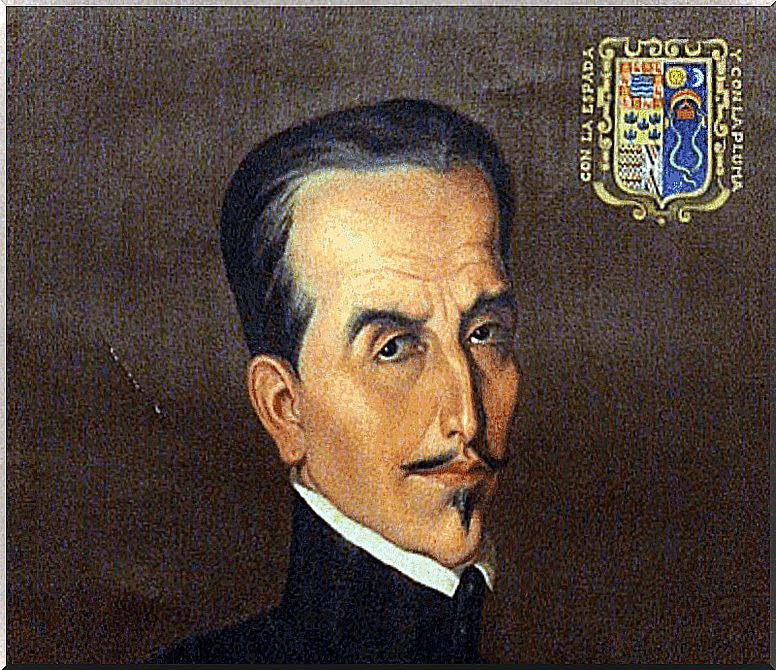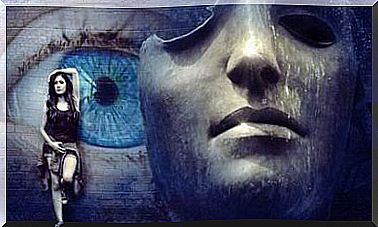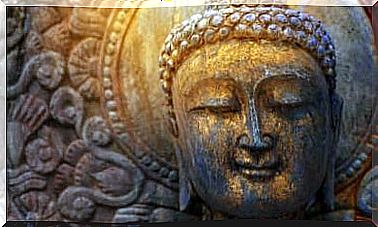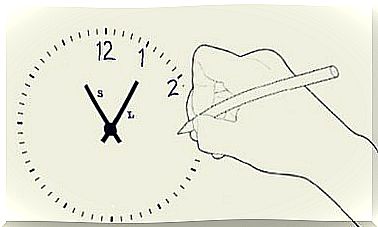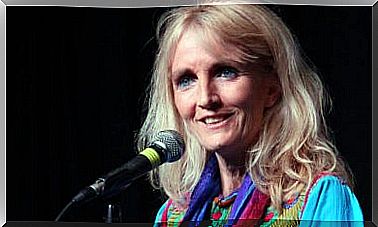The 5 Best Phrases Of Miguel Delibes
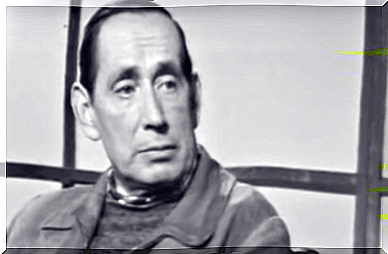
Miguel Delibes was a Spanish novelist who, today, is present in all the books which review, more or less detailed, the history of literature. Not only does he have an extensive collection of titles, but many of his works have won him prestigious awards, such as the National Narration Prize (1955), the National Prize for Spanish Letters (1991) and the Cervantes Prize (1993). For all this, today we put together some of the best quotes from Miguel Delibes that will let us know how he thought.
Before going deeper into each of his sentences, it is necessary to underline that this renowned author was a member of the Royal Spanish Academy . A position he held until 2010, the year of his death. Below, we will discover some quotes from Miguel Delibes that will allow us to get to know him better.
1. The negative side of fame
Miguel Delibes was not a novelist who loved fame too much. In fact, as can be seen from this sentence, he did not consider fame to have a positive place to cling to. By reaching it, the temptation to fall into the clutches of the ego or to abuse the associated power would be greater.
This position is somewhat paradoxical, since Miguel Delibes won with his work El hereje the National Prize for Narrative Literature (1999) which made him famous. This work received many positive reviews and captivated thousands of readers. Nonetheless, Delibes continues to think the same about celebrity.

2. Miguel Delibes: the language of the people makes the law
Having a seat in the Royal Spanish Academy made Miguel Delibes wonder who the real owner of the language is. The people or the academy? In this second sentence from Miguel Delibes, we can clearly see which option he prefers… and in which he believes.
Just as the spelling rules change, as the article Novedades ortográficas de la Real Academia Española published in the magazine Medicentro Electrónica points out , the lexicon also varies. For example, words like “selfie” or “meme” are already recognized by Real Academia Española .
3. Depersonalization and war
Like his generation, Miguel Delibes lived through the civil war. An experience he expressed in a rather curious way, as if he felt that his body did not belong to him. This feeling suggests a kind of state of depersonalization.
Depersonalization is an alteration in perception that occurs in a moment of anxiety. The person feels separated (duplicated) from his own body. This is a unique case. However, we understand that in the battlefield, anxiety can cause these kinds of symptoms to appear.
4. Miguel Delibes: sadness encourages creativity
This fourth sentence by Miguel Delibes clearly shows that for many people a loss that involves deep sadness can be at the same time a source of creativity. Perhaps this is why in many cases, when we feel sad, there is also a desire to write, to express ourselves.
The emotional release that we feel when writing down everything that hurts and hurts us can be very calming. This is why, even if a loss is not a pleasant time, it can be useful for a writer.

5. We can all change
Miguel Delibes’ last sentence allows us to reflect on the occasions when we underestimate our ability to change. So, whatever our year of birth, if we want to change the way we show ourselves, behave, we will always have a margin to walk in that direction.
However, to achieve this, it takes a lot of self-criticism and awareness. Indeed, it is better to say “ it’s true, I was wrong more than once and I will change that ” than to hide behind age. Taking a stand makes us grow. The other does not.
You may have read a book by Miguel Delibes, such as Les Saints Innocents , Le Chemin or L’Hérétique . In any case, the sentences we have presented to you are only a small sample of his story. This is why we recommend that you go beyond this appetizer and immerse yourself in it. He is an author who, for the life, the heritage and the love of the language that we share, is worth knowing.
